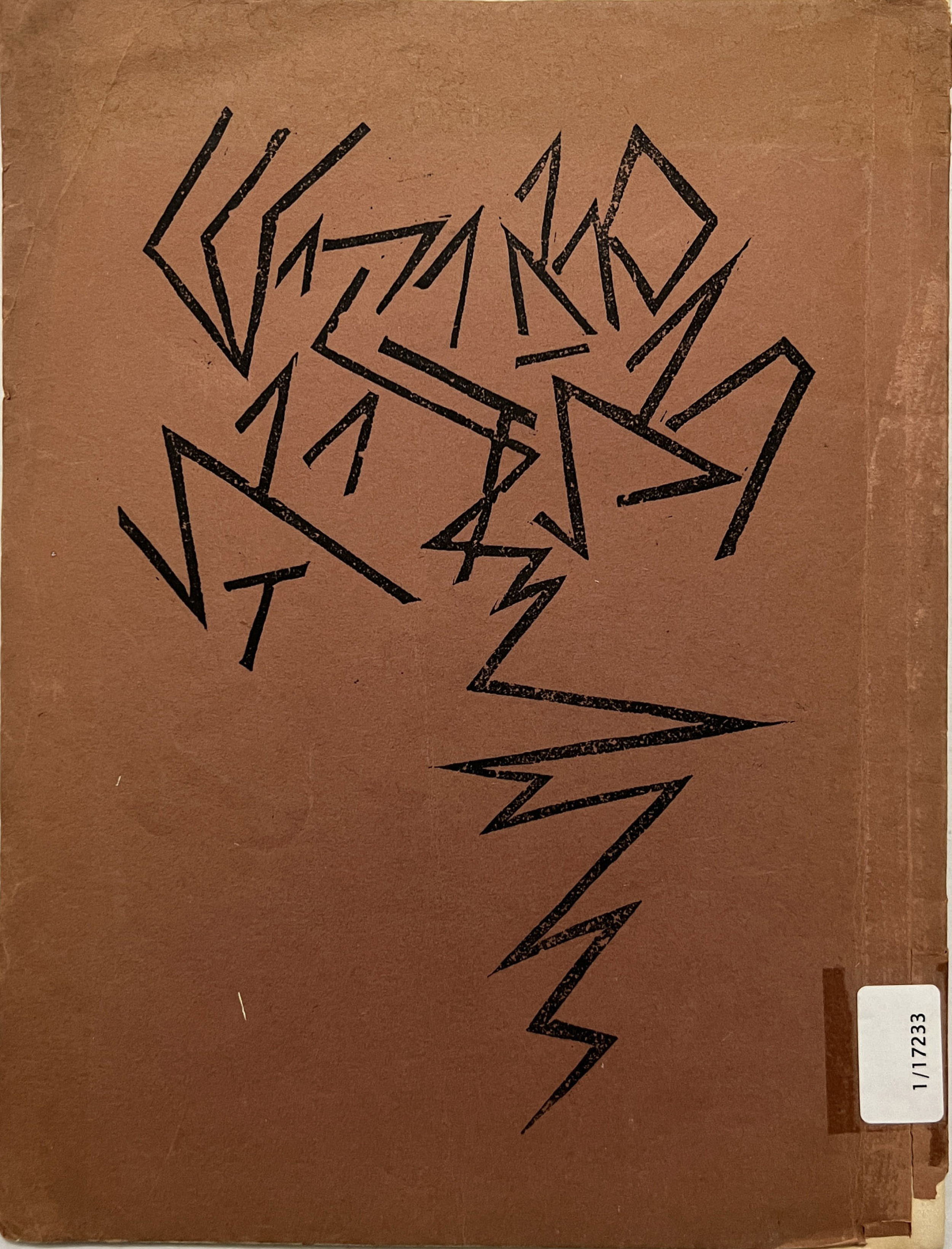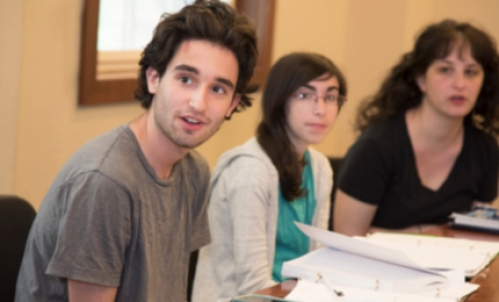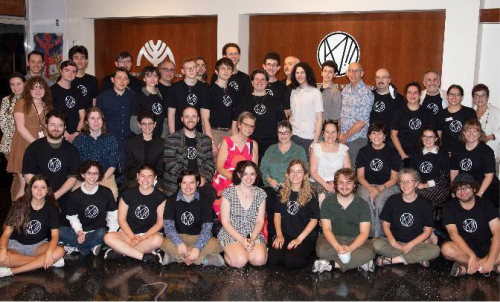Gaping Mouths and Leaning Towers: The Queer Geometries of Peretz Markish’s Long Form Poems, 'Di kupe' and 'Radyo'

|
Max Weinreich Fellowship Lecture in East European Jewish Literature
The Vladimir and Pearl Heifetz Memorial Fellowship and the Vivian Lefsky Hort Memorial Fellowship Admission: Free |
Following the Bolshevik Revolution of 1917, Yiddish—that stateless tongue par excellence—found official status within the new “international state” of the Soviet Union. In her seminal study of modernisms, Chana Kronfeld identifies the poetics of Hebrew and Yiddish literatures as processes of de-territorialization (1996). This talk takes Kronfeld’s study of marginal modernisms as a point of departure and aims to interrogate the relationship between space, revolution, and language at the beginning of the Soviet experience. Specifically, this paper places Peretz Markish’s Yiddish long-form poems, Di kupe (The Mound) and Radyo (Radio), in conversation with the architectural aspirations of the Soviet avant-garde. The poems’ irregular—indeed, impossible—representation of bodies in space resists established traditional definitions of being and belonging and, in turn, undercuts the authority of any traditional establishment itself. To enact his takedown of tradition, Markish disrupts linguistic and spatial conventions to (de)construct fictional edifices: the mound (Di kupe) is at once divine and profane, everywhere and nowhere, concave and erect; the tower of his poem Radyo, too, reaches up, outwards, and down to broadcast a message of cautious hope in the face of violence. Given these mechanisms, Markish’s poetry does not simply wrangle with the paradoxical project of “building communism,” especially as it relates to the new Soviet Jew, but rather performs its contradictions. As they turn the inside out and the upside down, Di kupe and Radyo illustrate the power of revolution as a destabilizing force that both made and unmade one's sense of self.
About the Speaker
Elaine Wilson is a writer, literary translator, language instructor, and PhD candidate in the Department of Slavic Languages at Columbia University. She studies Russian and Yiddish literature of the early Soviet period and is currently at work on her dissertation, entitled: “The Soviet Exodic: Resistance and Revolution in Soviet Russian and Yiddish Literature,1917 – 1935.” She is the recipient of the Vladimir and Pearl Heifetz Memorial Fellowship and the Vivian Lefsky Hort Memorial Fellowship in Jewish Literature at the YIVO Institute for Jewish Research for 2022-2023.

